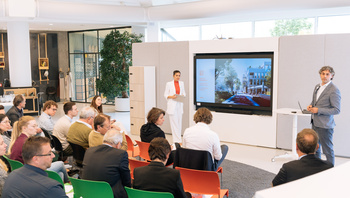
The alliance for shaping resilient urban solutions
Collaborations, networks and partnerships play a key role in the world of tomorrow. In our current time, we are witnessing megatrends that deeply impact our society, communication, collaboration and the way we live and build our cities.
ROADMAP
- CANNES, 12.03.25
- DUBLIN, 28.+29.04.25
- BRUSSELS, 11.+12.06.25
- MUNICH, 06.+07.10.25
- LONDON, November 25
“Elevating Urban Possibilities” @MIPIM
As one of the world’s most prestigious gatherings for real estate and urban development, MIPIM in Cannes provides the perfect stage for the neext European Talk Walk & Talk. Set against the vibrant backdrop of the French Riviera, this event offers a unique opportunity to explore the intersection of innovation, sustainability, and urban mobility. Our interactive programme begins with a brief introduction before visiting carefully selected exhibition stops. At each, participants will gain insights into topics like urban resilience, sustainable innovation, and future mobility, while engaging in dynamic discussions and discovering cutting-edge solutions. With perspectives from global cities and companies, this format combines valuable industry insights with networking opportunities, connecting participants with key players shaping the future of urban development.
City Reimagined: Retrofitting for a Resilient Future
Dublin represents a compelling blend of historical charm and modern ambition, making it an ideal case where new strategies for urban transformation and applied methods of retrofitting, can be observed on a large scale. This city is tackling pressing challenges, from retrofitting its heritage-rich building stock to addressing a growing housing crisis, all while striving for the sustainable development of a resilient urban infrastructure. Dublin’s progressive policies and innovative approaches to urban planning position it as a leader in flexible retrofitting solutions and energy-efficient transformations. During this event, we will explore best practices in adapting historical and residential spaces for modern needs and learn about responding to challenges such as increasing demands for energy and resilient infrastructures.
Protecting Today by Building Tomorrow
As the heart of Europe, Brussels stands at the crossroads of policy, innovation, and urban transformation. The city faces the pressing challenge of balancing its rich cultural heritage with the urgent need for climate adaptation, infrastructure renewal, and sustainable mobility. Through the lens of “Protecting Today by Building Tomorrow”, we assess how Brussels is leading efforts to design climate-resilient urban spaces, upgrade aging infrastructure to meet future demands, and implement inclusive mobility solutions that reduce emissions while enhancing accessibility.
Living Labs – Testing Tomorrow’s Cities in Today’s Urban Spaces
As a hub of innovation and culture, Munich stands out as a metropolis of art, culture, and science, leading the way in urban experimentation. The city faces the challenge of balancing rapid urbanization with sustainability and livability. Through “Testing Tomorrow’s Cities in Today’s Urban Spaces,” we will explore how Munich utilizes Living Labs to pilot innovative solutions that address urban challenges. In addition we will also be exploring the EXPO REAL – Germany’s biggest Real Estate Fair.
Final Forum
As one of Europe’s most dynamic and globally connected cities, London serves as the ideal venue for the grand finale of the neext European Talk 2025. A hub of innovation and infrastructure excellence, London epitomizes the challenges and opportunities of urban transformation in a rapidly evolving world. In the context for this final gathering, we will reflect on the key learnings from the year-long journey across Europe, one las time exploring the multiple aspects of the topic "Infrastructure & Urban Future." It will bring together the insights gained in areas like sustainable retrofitting, urban resilience, and innovative mobility solutions, while highlighting actionable strategies for the future in the vibrant setting of London city.
People, Profit and Planet
The contemporary world is undergoing rapid change. The concept of "People, Planet, Profit" underscores the necessity for a balanced transformation of urban areas that matches equal importance to human well-being, environmental sustainability, and economic growth. The creation of urban spaces that prioritise quality of life demands the design of inclusive, accessible environments characterised by shared spaces encouraging to relaxation, social interaction, and community engagement. The preservation of historical structures is of paramount importance, as it ensures the preservation of a city's unique identity while facilitating the seamless integration of these structures into sustainable urban development. These efforts ensure that cities evolve into healthier, more vibrant spaces where people can thrive.
Achieving a sustainable and economically viable urban transformation requires the implementation of forward-thinking strategies and innovative solutions. The retrofitting of buildings, the integration of renewable energy technologies, the adoption of circular economy principles in construction and operational processes are identified as pivotal factors in mitigating environmental impact. Simultaneously, investing in future-ready infrastructure engenders new opportunities for economic growth by fostering innovation and expanding job markets. This balanced approach is essential for safeguarding the planet, placing people at the centre, and ensuring long-term profitability for businesses and cities alike.
- How can we make urban spaces more inclusive and community-focused?
- How do we balance cultural preservation with modern urban needs?
- How can infrastructure investments drive economic growth?
- Can we ensure that sustainability contributes to profitability?
- What steps can we take to reduce cities’ environmental impact?
- How can sustainability be embedded into urban development?
Our partners
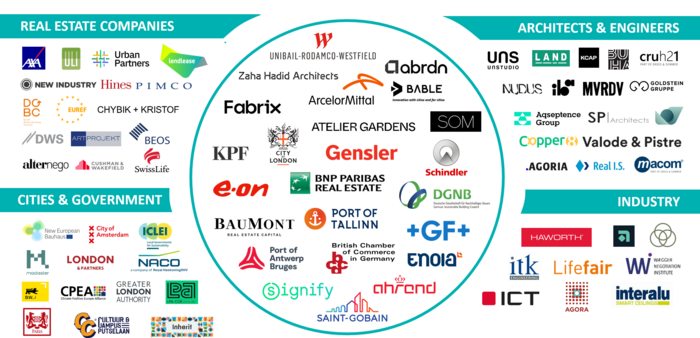
RECAP
URBAN RETROFIT & THE HEALTHY CITY
The European Talk 2024 was focusing on the innovative strategies for revitalizing urban environments, where the discussions delved into the challenges and opportunities of retrofitting existing infrastructures to create healthier, more sustainable urban spaces. Key themes include the integration of green spaces, active transportation networks, and community-oriented design, all aimed at fostering social cohesion and enhancing the quality of life for residents.
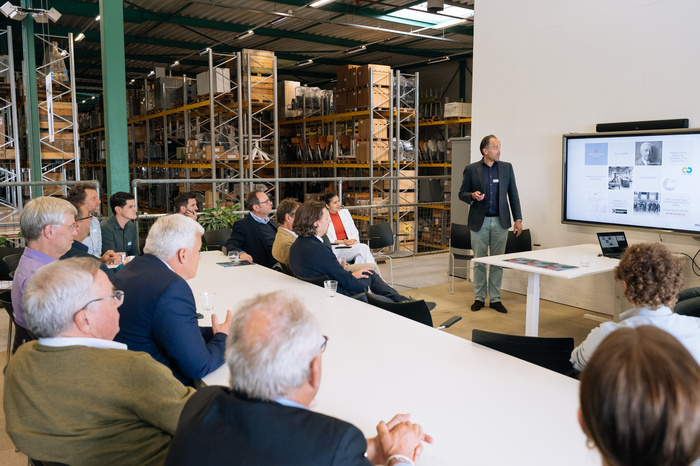
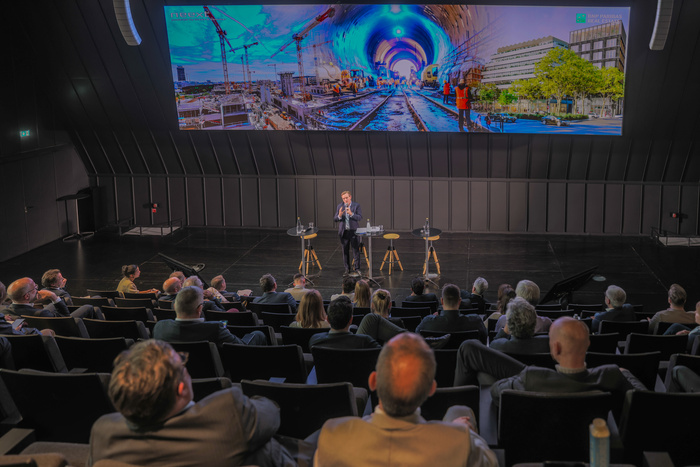
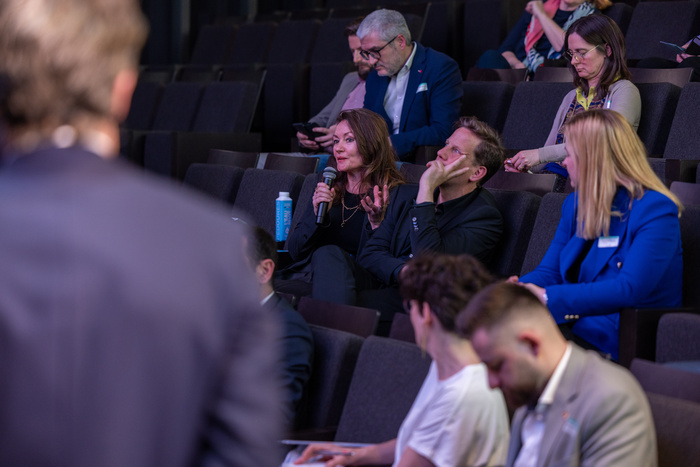
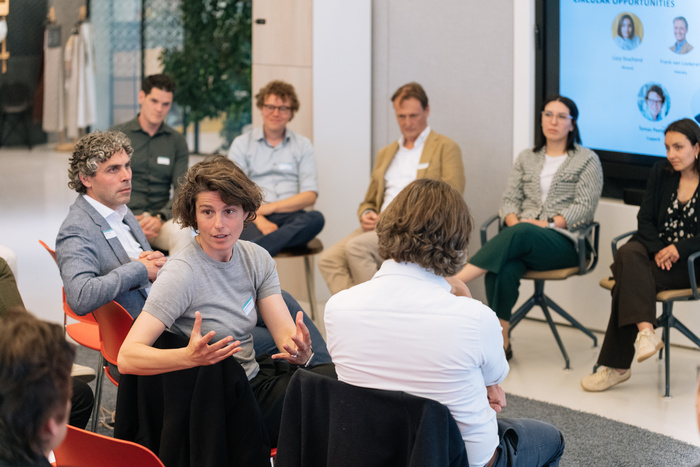
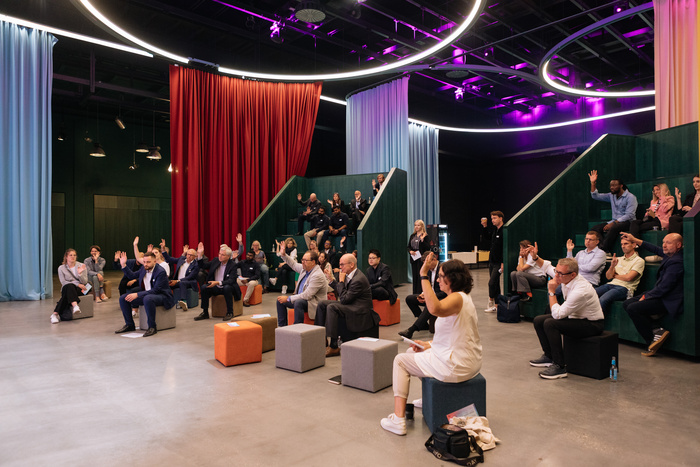
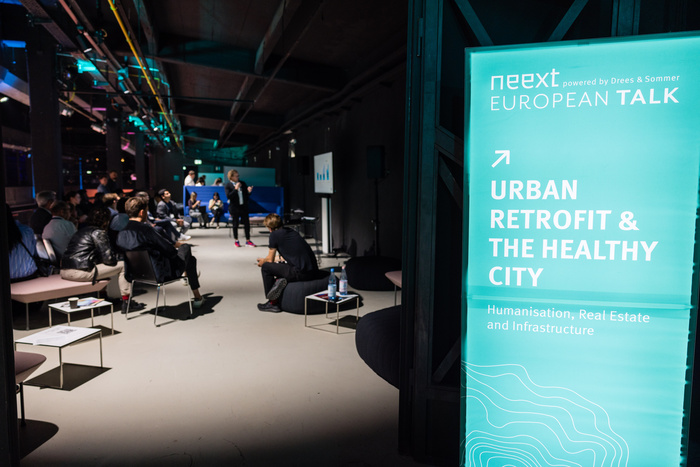
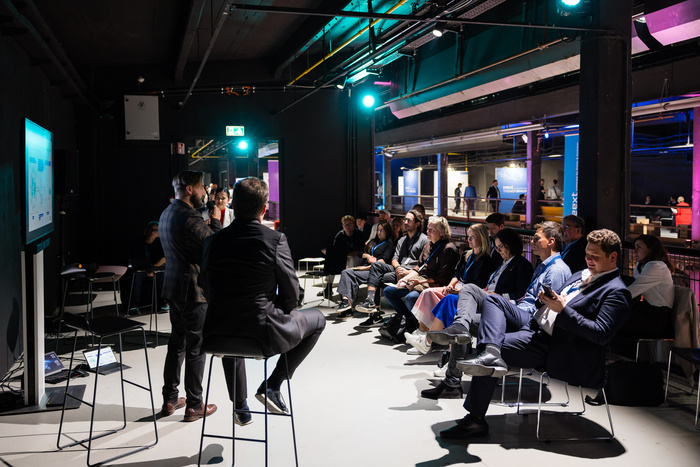
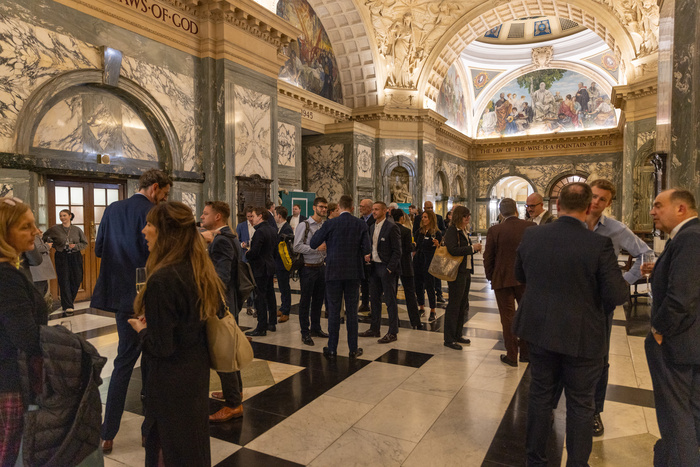
Urban denisity & the vertical city
The European Talk 2023 focuses on the prevention of urban sprawl and the imperative of densification, covering six European cities, their vertical and horizontal development visions and regional characteristics. The pursuit of more inclusive, community-centred solutions is a key objective, with a focus on addressing sustainability in addition to promoting the well-being and cohesion of individuals within evolving urban landscapes.
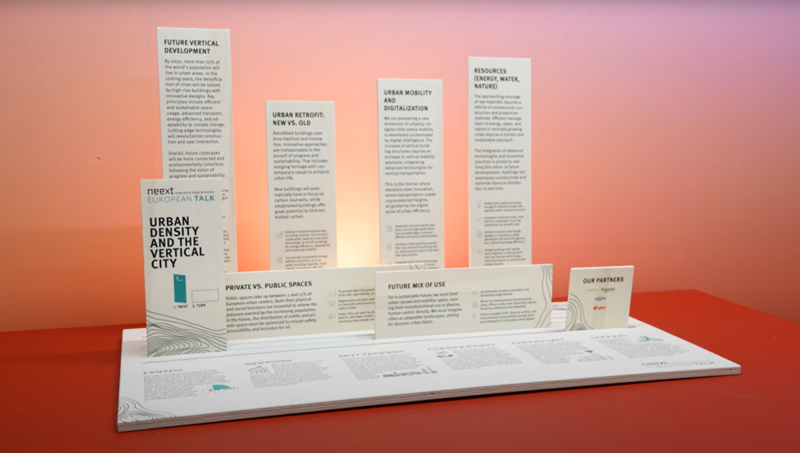
Get in touch

